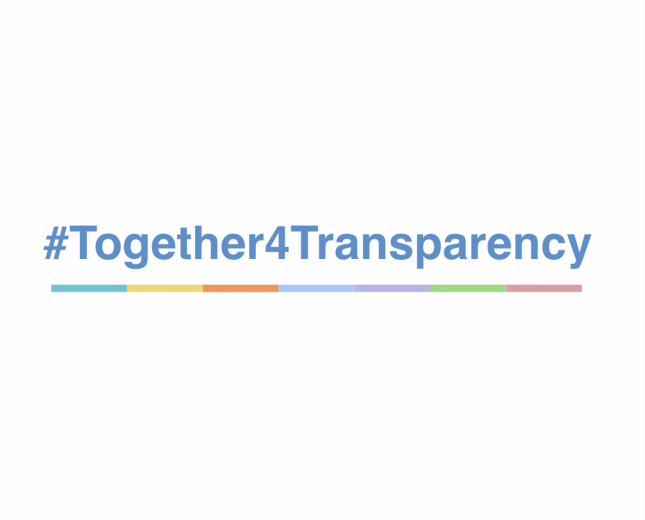Background
When developing countries submit a proposed forest reference emission level and/or forest reference level (FREL/FRL), in the context of REDD+ results-based payments, these FRELs/FRLs shall undergo a technical assessment (TA). This TA process allows developing countries to engage with REDD+ experts and discuss their FRELs/FRLs. As the next step, these countries can submit a modified FREL/FRL in response to the technical inputs of the experts. Since the adoption of the Warsaw Framework for REDD+ in 2013, 93 FRELs/FRLs have been submitted to the UNFCCC by 63 Parties, and 88 among them have been modified as a result of the facilitative process. While the TA process enhances transparency, accuracy, consistency, and completeness of FRELs/FRLs, there has been a lack of analysis on the contribution of the TA processes to FRELs/FRLs improvement and overall reporting quality.
Parties also need to submit national REDD+ strategies and safeguards information systems to be eligible to seek and obtain results-based finance – however, these are not subject to a technical assessment. Nevertheless, those Parties that did prepare and report these documents frequently also highlight the contribution of the preparation process to coordination and implementation of REDD+ activities. About 30 Parties have reported national REDD+ strategies and/or safeguards information systems. In order to promote further implementation of REDD+ and to halt and reverse deforestation and forest degradation by 2030, it is an appropriate moment to share experience with the role and impact of REDD+ reporting and the TA process under the UNFCCC, while also encouraging Parties to continue to make use of the reporting system for transparency and to be able to receive results-based payments.
Objectives
In order to highlight the contribution of the Warsaw Framework for REDD+ to mitigation actions in the forest sector over the past decade, this event aims to:
- Look at how 2025 NDCs can be informed by a decade of REDD+ reporting and the TA process for FRELs/FRLs;
- Emphasize the importance of REDD+ strategy and safeguard reporting;
- Clarify the significant role of REDD+ reporting and the TA process in building capacity for REDD+ reporting and fostering higher ambition;
- Collect and discuss open questions from Parties and stakeholders.
Impact and outcomes of the event
The participants will gain insight into the role of the Warsaw Framework for REDD+ in enhancing the integrity of climate action in the forest sector and strengthening the capacities of developing countries for REDD+ implementation. Furthermore, the event will highlight the importance of encouraging Parties and stakeholders to raise REDD+ implementation to halt and reverse deforestation and forest degradation by 2030.
Target audience
- Parties interested in REDD+ implementation;
- Stakeholders interested in providing technical and/or financial support to REDD+ implementation, including technical experts, IGOs, NGOs, financial entities, academia.
Panelists
- Food and Agriculture Organization of the United Nations, Ms. Amy Duchelle, Senior Forestry Officer, team lead of the Forests and Climate Team, Forestry Division, FAO
- Ghana, Mr. Thomas Yaw Gyambrah, Manager, Programs & MRV Climate Change Directorate Forestry Commission of Ghana
- Guyana, Mr. Nikolaus Oudkerk, Coordinator, Office of the President, Department of Environment and Climate Change, Guyana
- Indonesia, Dr. Nur Masripatin, Senior Advisor to the Minister of Environment and Forestry, Indonesia
- United Kingdom, Ms. Maggie Charnley, Head of International Forest Unit, United Kingdom
- Ms. María José Sanz Sánchez, REDD+ expert from the UNFCCC Roster of Experts
- Mr. Luis Panichelli, REDD+ expert from the UNFCCC Roster of Experts
Agenda
| 5 min |
Opening remarks by Donald Cooper, Director of the Transparency Division, UN Climate Change |
| 15 min |
REDD+ reporting and the TA process (presentation)
UN Climate Change |
| 45 min |
Panel topics
Guiding questions:
- The first REDD+ FREL was submitted in 2014, 10 years ago, followed by REDD+ results, reporting on safeguards, and submission of a national strategy. How much did these reporting processes help to build reporting capacity in countries?
- The technical assessments of REDD+ FRELs/FRLs and the technical analysis of REDD+ results is often described as a driver for capacity at national level. What do you think about these technical exchanges?
- In order to halt and reverse deforestation and forest degradation by 2030, what are you expecting to technical assessment and technical analysis processes under the ETF?
|
| 15 min |
Q&A session |
| 5 min |
Closing remarks by Dirk Nemitz, Team lead, AFOLU unit, Transparency Division, UN Climate Change |
